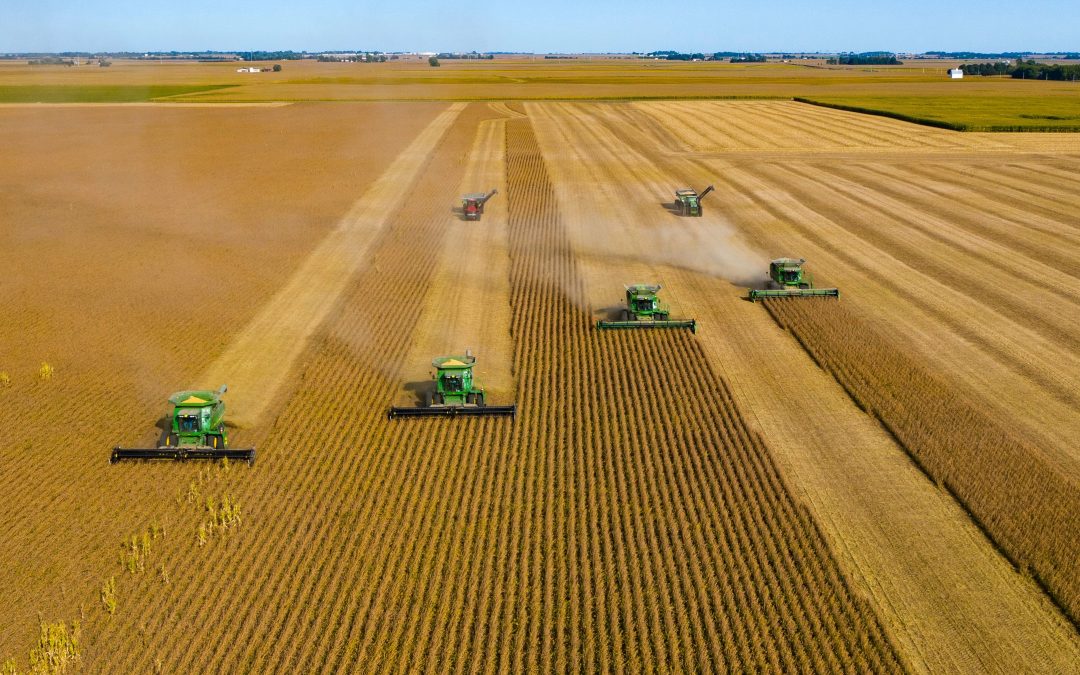Food processor ABP’s sustainability programme, PRISM 2030 (Programme for the Improvement in Sustainability of (red) Meat), has completed its first of three years.
The 350 farmers involved have completed their carbon footprint assessments, receiving recommendations from its specialist team of partners to support GHG-reducing changes to be made on farm.
Data from participating farms has been analysed since 2022 by PRISM partners the Andersons Centre (Andersons), Harper Adams University’s (HAU) Professor Jude Capper and analysts from carbon calculator Agrecalc. The partners aimed to identify approaches to help them an other farmers to “markedly change their carbon positions” via small changes.
Capper said: “This has been an amazing year of data collection and analysis, with so many interesting insights from farms of all types and sizes across the UK and Northern Ireland. It’s clear that there are opportunities to improve on every single farm, regardless of the baseline, and that these are linked to improving both productivity and profitability.
“It’s ultimately very simple for any farm – take a good look at your key performance indicators compared to similar farms, identify areas where you could improve, and then do it.”
Capper added: “A year and 350-farms in, it’s enabled us to determine the top five recommendations for beef and lamb production – to improve pastures, reduce age at slaughter, improve livestock health and fertility, use by-product feeds and reduce fuel consumption. If these changes were to be implemented across multiple UK farms, not just those involved with PRISM 2030, the overall GHG emission reduction and farm sustainability could be significantly enhanced.”
Making small changes
Michael Haverty, senior research consultant at Andersons said: “Marginal improvements across the farm, can, over time make a tangible difference to farm performance, both economically and environmentally. We have seen that even in farms which already have a low carbon footprint – there is always scope for improvement.
“Marginal gains can be achieved by minimising idling of machinery, utilising feed more effectively or improving bedding management. Such improvements demonstrate that productivity and environmental performance are often complimentary. It’s important not just to look at carbon, but also the wider sustainability picture.
“This will be a key focus when some of the PRISM 2030 farms go through the Global Farm Metric – a tool that also considers other key factors such as animal welfare and soil health, as well as water and air quality.”









